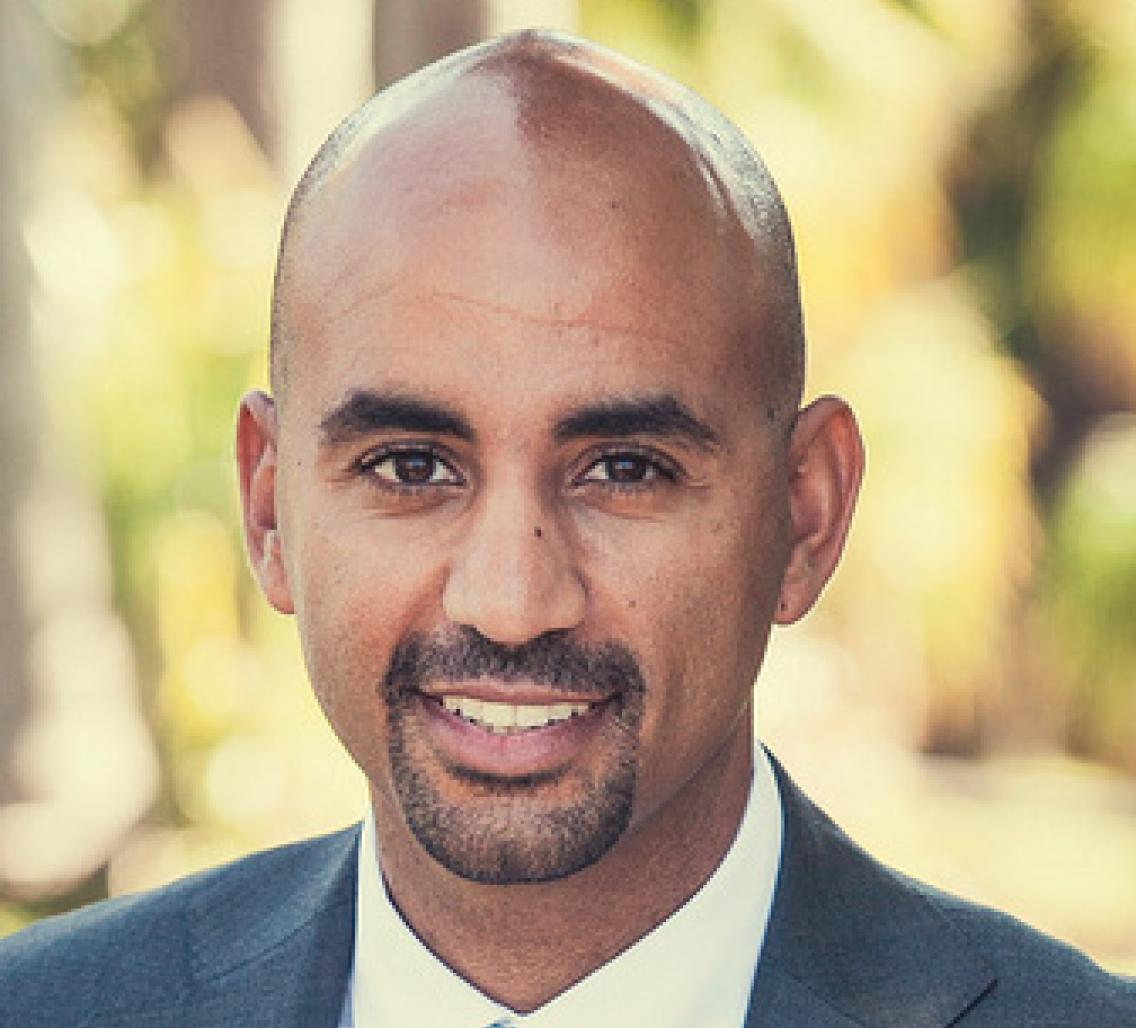Event Details:

Join us at Gunn Rotunda in the Stanford Neurosciences Building to learn about the latest cutting-edge, cross-disciplinary brain research, from biochemistry to behavior and beyond
Join the speaker for coffee, cookies, and conversation before the talk, starting at 11:45am.
Cognition, Control, and Action: the multifaceted interplay between cognitive and motor systems
Abstract
Cognitive Control is a term used to describe the ability to flexibly adapt information processing and behavior in the service of our goals by exerting cognitive effort to overcome our habits and automatic thoughts/actions. We are fundamentally interested in the neural mechanisms that support these top-down processes and how they interact with motivation, learning, memory, and skilled action. In our investigations we use a multifaceted approach combining carefully designed behavioral experiments, computational modeling, functional magnetic resonance imagining (fMRI), and non-invasive brain stimulation via transcranial magnetic stimulation (TMS).
Taraz Lee, Ph.D.
University of Michigan
Dr. Lee is an Assistant Professor in the Department of Psychology and the director of the Cognition, Control, and Action (CoCoA) lab. He received his BS in Symbolic Systems from Stanford University and his PhD in Psychology from UC Berkeley under the supervision of Dr. Mark D'Esposito. After earning his doctorate, he moved down to UC Santa Barbara for a postdoctoral fellowship in the Department of Psychological and Brain Sciences with Dr. Scott Grafton. Dr. Lee moved to the University of Michigan in 2015 as a postdoctoral researcher and moved to his current role as an Assistant Professor in 2017. His research is focused on the interaction between cognitive control processes, such as working memory and attention, and motor learning/control. His lab uses a variety of experimental tools and techniques including behavioral studies, computational modeling, functional neuroimaging, transcranial magnetic stimulation, and studies patients with neurological disorders.
Hosted by - Fiona Mitchell Baumer, M.D. (Baumer Lab)
About the Wu Tsai Neuro Seminar Series
The Wu Tsai Neurosciences Institute seminar series brings together the Stanford neuroscience community to discuss cutting-edge, cross-disciplinary brain research, from biochemistry to behavior and beyond.
Topics include new discoveries in fundamental neurobiology; advances in human and translational neuroscience; insights from computational and theoretical neuroscience; and the development of novel research technologies and neuro-engineering breakthroughs.
Unless otherwise noted, seminars are held Thursdays at 12:00 noon PT.